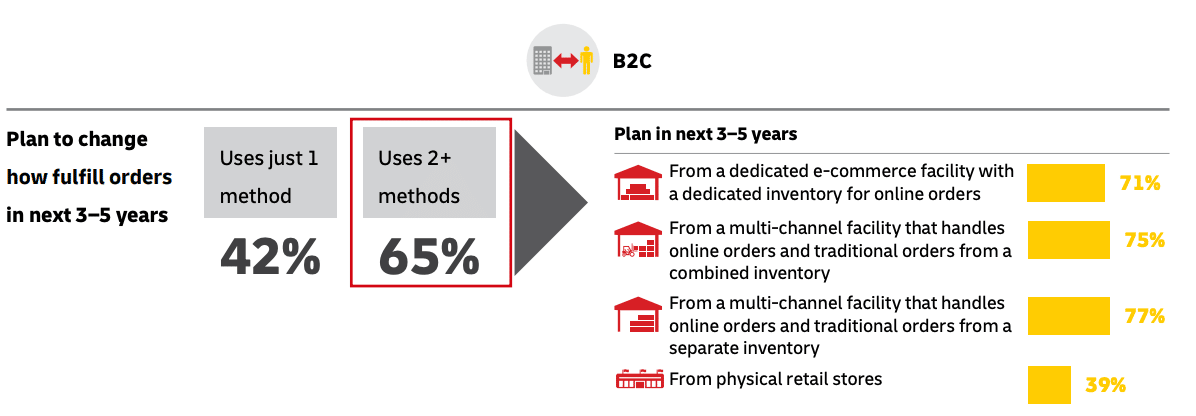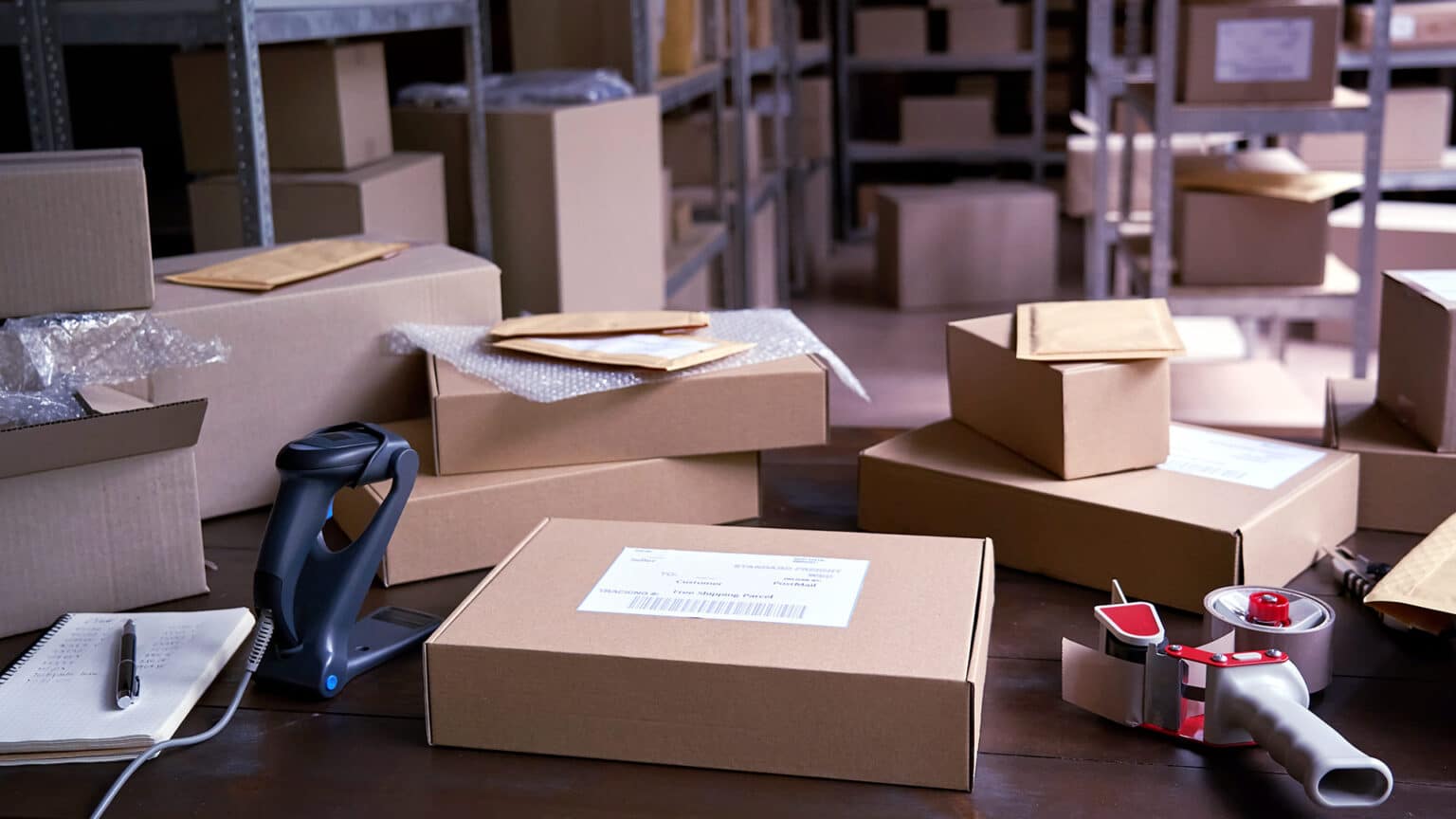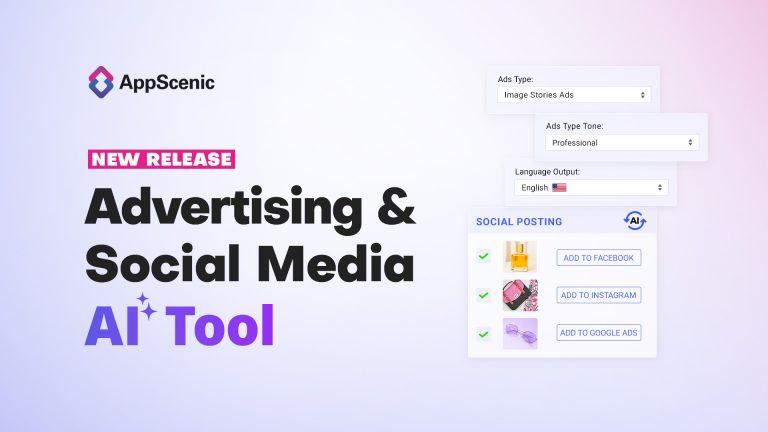Did you know that for online retailers, the average cost to fulfill an order is 70% of the average order value?
Order fulfillment involves complexities and intricate planning. It is also something that largely impacts your end customer experience.
Be it timely delivery, international shipping, or inventory management, online retailers will need to figure out what role order fulfillment will play if they want to remain relevant.
As a result of this, online retailers are extensively choosing to outsource or at least plan to adopt a hybrid approach to order fulfillment.

If it is the logistical complications that are forcing you to opt for outsourcing, you can consider dropshipping. Dropshipping allows you to manage the front-end operations of an online store, without having to deal with order fulfillment. Your suppliers will send out the order directly to your customers. You can concentrate on marketing and generating sales for your dropshipping store, while your suppliers take care of the rest.
But, if you are still leaning towards the outsourcing model, you need to understand the challenges that come with it and determine if it’s the right time for you to outsource.
Let’s take a look at some of these challenges.
Table of Contents
#1 Loss of Control
When you outsource your order fulfillment to a third party, you also hand over the entire responsibility of your customers’ delivery experience to them. There are chances your customer may end up getting a damaged product or a late delivery, all because of your delivery partner.
Also, you don’t have any control over how the product is packed, how and when it is shipped, and how it is stored.
To overcome this fear of loss of control, choose a reliable and reputable delivery service that aligns with your customer experience goal. Instead of taking complete responsibilities, having a strong logistics partner will help you focus on other core tasks of online retail.
#2 Cost of 3PL services
For many small online retailers, it’s heavy on the pocket to outsource their order fulfillment. Hiring Third-party Logistics (3PL) services don’t come cheap. You need to have higher liquidity to ensure their payments are met.
At this stage, it makes sense to keep the fulfillment in-house, especially when you don’t have a large number of orders.
This is something that you can overcome as you scale. As your business grows, you can find a partner that is best for businesses your size and capacity. You can also calculate the costs of in-house fulfillment and outsourcing to understand which is cheaper.
#3 Lack of customization options
Most delivery service providers are set up to deliver large volumes of goods. So naturally, it’s challenging if you have a niche product line that requires special storage and or even want to personalize your packaging or offer gift wrapping.
To counter this challenge, you need to prioritize between value offering and scaling. Determine if your value-added efforts pay off in terms of costs and profit.
While looking for a 3PL partner, also look if they provide delivery services for packed and fragile goods, oversized, or highly valuable items and reach an agreement.
#4 Integrating with another system
Logistics service providers use a Warehouse Management System (WMS) which has to seamlessly integrate with your shopping carts, communication, and billing software.
However, the infrastructure requires a substantial overhead investment, and expansion into these new channels can be particularly challenging.
In this case, you need to ensure you bring robust and flexible systems onboard for effective fulfillment. Some 3PL providers also offer pre-integrated shopping cart solutions to minimize programming.
Finishing thoughts
You will reach a point where there’s no option but to scale. And unless you have enough capital to continue your delivery efforts in-house, outsourcing is an inevitable action you’ll have to take. And while we discussed that outsourcing is not going to be easy, it is certainly a sign of growth and something you’ll be able to address after the initial hurdles.
Article by Oliver Thyra











